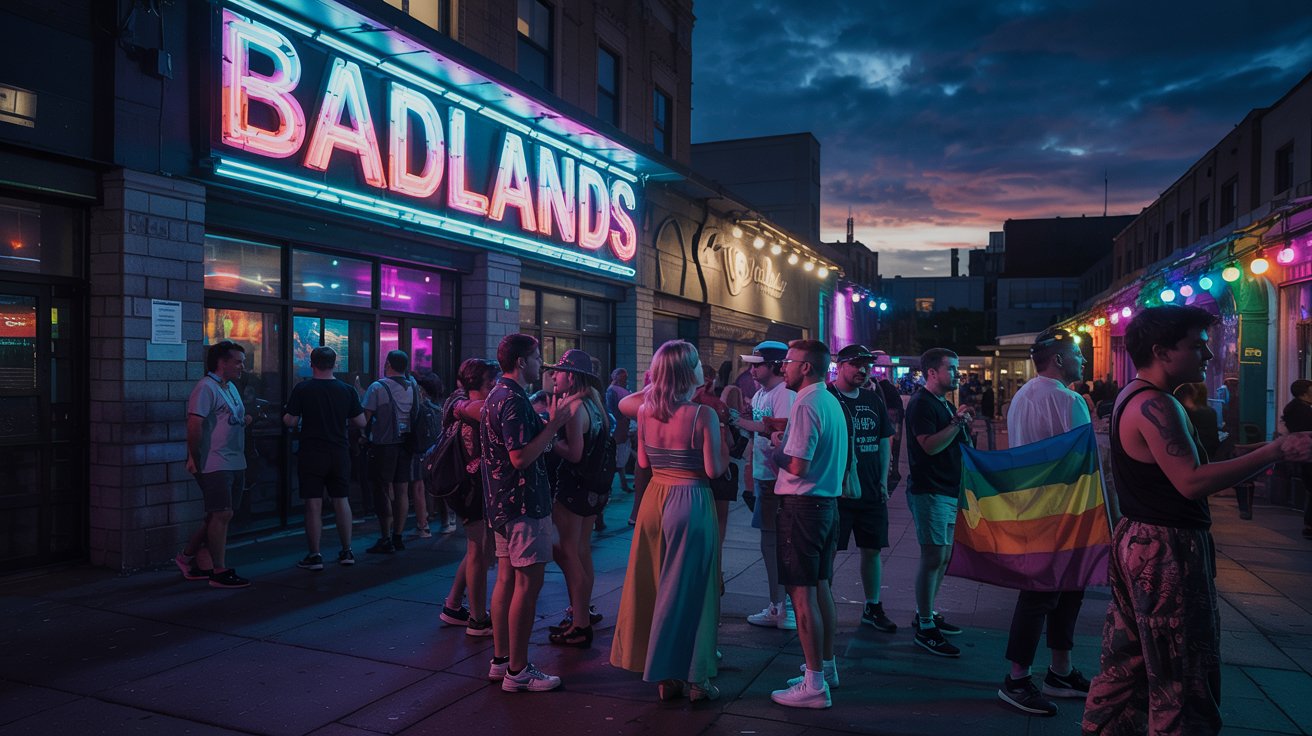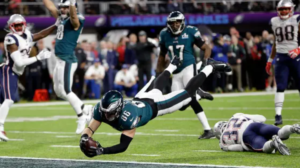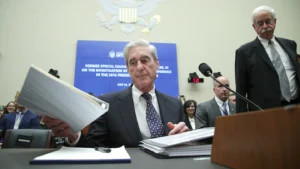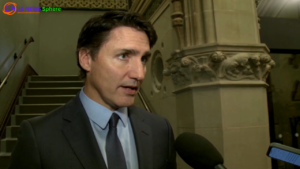In a bold move sparking national debate, Badlands, a well-known LGBTQ+ nightclub in Sacramento, has officially banned all “Make America Great Again” (MAGA) apparel from its premises. This policy comes in response to a recent visit by Steven Bourasa, a member of the Log Cabin Republicans, who wore a red MAGA hat inside the club, causing discomfort among patrons and igniting a larger conversation about political symbols in social spaces.
Why Did Badlands Ban MAGA Attire?
The decision to ban MAGA attire stems from concerns over maintaining a safe and inclusive environment for the LGBTQ+ community. Club owner TJ Bruce initially considered banning all political apparel but ultimately targeted MAGA-related clothing due to its strong political and social connotations.
Key Reasons for the Ban:
| Reason | Explanation |
|---|---|
| Protecting Inclusivity | Ensuring all patrons feel safe and welcome without political conflict. |
| Club’s Values | Aligning with the LGBTQ+ community’s mission of inclusion and diversity. |
| Preventing Tensions | Reducing the risk of confrontations or discomfort among guests. |
| Following Trends | Similar bans in other venues show a precedent for such decisions. |
Bruce clarified that the ban is not about political suppression but rather about ensuring that Badlands remains a sanctuary where everyone can socialize freely without concerns over divisive symbols.
Community Reactions: Support vs. Backlash
The decision has sparked mixed reactions from different communities.
- Supporters: Many LGBTQ+ patrons appreciate the ban, arguing that MAGA symbols have been linked to policies and rhetoric that are harmful to their community. They believe this policy reinforces inclusivity and prevents potential confrontations.
- Critics: Some conservative groups, particularly the Sacramento chapter of the Log Cabin Republicans, argue that banning MAGA apparel discriminates against political freedom and free speech.
Comparing Different Perspectives:
| Viewpoint | Supporters Say | Critics Say |
| Safety & Comfort | The ban protects vulnerable groups from harassment. | Excluding attire limits individual expression. |
| Inclusivity | MAGA hats symbolize a movement opposing LGBTQ+ rights. | True inclusivity means allowing all perspectives. |
| Precedent | Other clubs and businesses have done the same. | This could lead to more restrictive policies in the future. |
Is This Part of a Larger Trend?
Badlands is not alone in this move. Other businesses and nightlife venues have made similar decisions regarding politically charged symbols.
- 2019: A restaurant in San Mateo, CA, banned MAGA hats to maintain a “safe space.”
- 2021: Several gyms and clubs nationwide implemented dress codes limiting politically divisive attire.
- 2024 Pew Research Study: Found that 60% of LGBTQ+ individuals feel unsafe in spaces where opposition political symbols are prominently displayed.
This data suggests a growing shift where businesses prioritize customer comfort over absolute political neutrality.
Legal Considerations: Can Businesses Ban Political Attire?
Many wonder whether Badlands’ decision is legal. According to U.S. law, private businesses can enforce dress codes as long as they do not discriminate against protected classes (race, gender, religion, etc.).
- Supreme Court Ruling: Businesses can refuse service based on conduct or attire.
- Legal Precedent: Establishments have the right to create policies that align with their brand values.
This means that Badlands’ ban is legally enforceable, as political attire is not a protected category under anti-discrimination laws.
What This Means for Nightlife and Social Spaces
The increasing divide between political affiliations is influencing how businesses operate. Nightclubs, restaurants, and event venues must decide whether allowing politically charged symbols aligns with their brand identity and target audience.
Future Possibilities:
- More businesses may adopt similar bans to prevent political tensions.
- Legal challenges could arise if individuals believe their rights are violated.
- The hospitality industry may develop clearer policies on political attire.
Conclusion: A Sign of the Times?
This controversy highlights a larger societal shift where businesses are expected to take positions on political and social issues. While some see the ban as necessary for protecting marginalized communities, others view it as a step toward selective inclusivity.
As America continues navigating this landscape, the balance between freedom of expression and inclusive spaces remains a complex issue.
[USnewsSphere.com / cbs]





